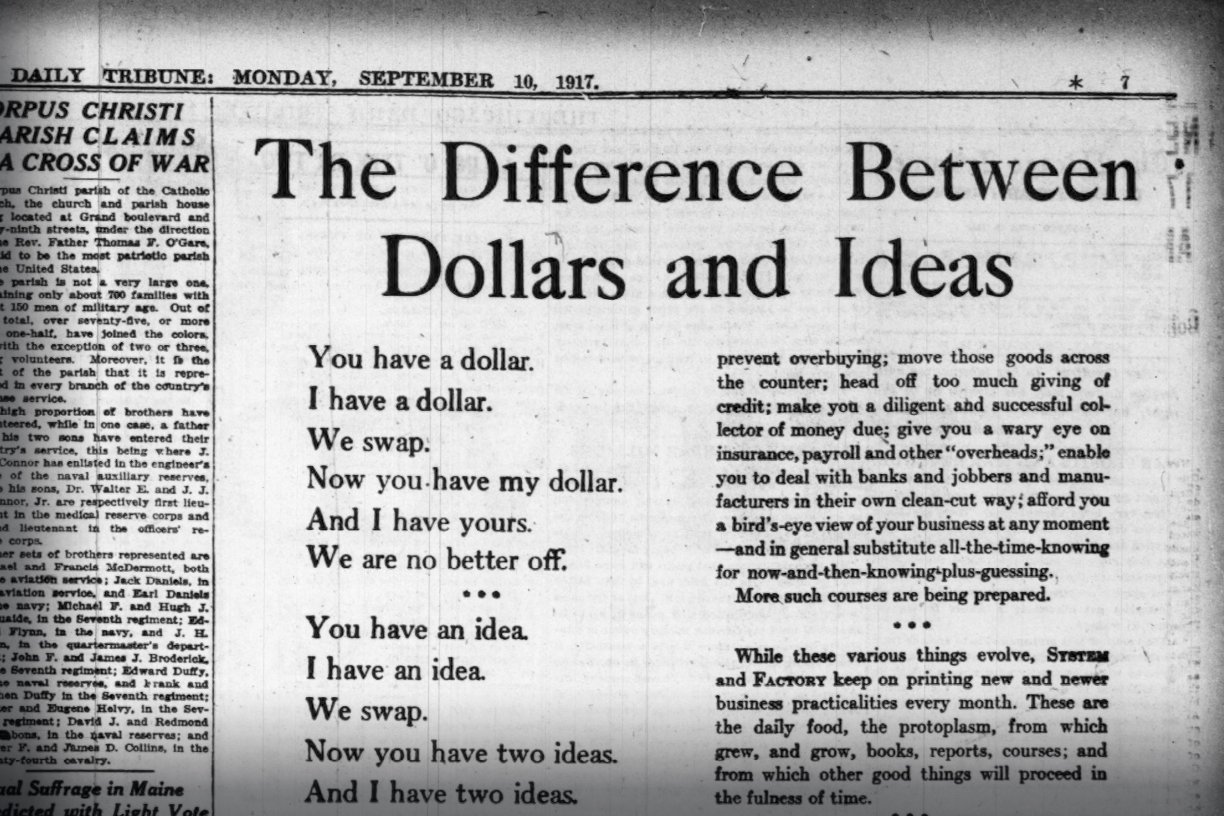Authenticity. Simple. Just be true to yourself.
And yet…
It’s not simple.
We are complex; our environments are complex, and authenticity is too.
We have a variety of ‘selves’ and, sometimes we act differently in different situations. So, when we aim to be authentic, which of our selves should we be true to?
This paradox can be felt in coaching, by both the coach and the client.
The Coach
As coaches we have a responsibility to be authentic with our clients. If we notice a reaction to something the client says, it is helpful for them that we share it, e.g. “I’m feeling rather anxious as you talk about your plans for the team, I’m wondering how might they be feeling?”.
Juxtapose this with our message to clients that coaching is a non-judgmental space. If we faithfully share our responses with the client, to what extent are we bringing our own agendas to the coaching? For example, sharing that we feel the client could be setting more stretching goals, or conversely, that we don’t feel their goals are realistic and sustainable.
If we say nothing, are we being authentic?
The key is to always share our authentic responses in a way that remains deeply respectful to the client. In his book, Coaching Positively, our colleague Matt Driver, suggests some things that you may wish to say to a client and some respectful – and still authentic – alternatives. Here are a few examples:

There have also been situations where we have been called upon to say “I found myself offended by that comment. I wonder how the female / ethnic / gay / older / non-able-bodied members of your team feel about comments like that?” Still authentic. Still respectful. Hugely valuable to the client.
Some of these awkward situations can be avoided by practicing authenticity in the chemistry call. We all like to be chosen by clients to be their coach. However, being authentic about your values and style of coaching at the outset will help you avoid inauthenticity in future sessions.
The Client (Coachee)
For the Client, the need to be authentic and true to themselves can act as a barrier to change and progress. Professor Herminia Ibarra, of Insead, has identified three key features of authenticity that can cause blockages for clients wishing to grow as leaders:
- The need to be true to themselves - what if the characteristics the client has learnt to value are not the ones that will support them in a leadership role?
- The drive to be open and honest and share vulnerability with teams - what happens when the individual is new and unproven and the team need a confident leader to follow?
- Wanting to make decisions based on their values - the values of which self?
In some ways, the authenticity paradox can be seen as a gift to coaches. Humans have many, sometimes conflicting, selves. This means clients will very often be able to think of situations when they have acted on alternative values to ones they are so keen to protect. Ibarra uses the analogy of trying on new clothes. Indeed, sometimes the process is like reminding the client of clothes they have worn before – and carried off beautifully – and have now drifted to the back of the wardrobe.
Miller Mair’s work on the ‘Community of Self’ is powerful here too and can be adapted for coaching:
- Invite the client to identify all of their different ‘selves’ and to label them, e.g. ‘Sam the Leader, ‘Sam the Parent’, ‘Sam the Fair-Minded’, ‘Sam the Indignant’
- Ask the client to give three words / phrases that describe these different selves
- Discuss which of these characteristics will be helpful in the current situation or as a leader in the future
This exercise usually results in the client feeling more flexible towards authenticity; that they can make changes and still remain true to themselves.
We’d love to hear your thoughts on authenticity and Coaching - if you have any insights you'd like to share or questions on this topic then please contact Julia Philpott or the Management Futures team.
References:
- Ibarra, Herminia (2015). The Authenticity Paradox, Harvard Business Review
- Mair, J. M. M. (1977). The Community of Self. In Bannister, D. (Ed). New Perspectives in Personal Construct Theory. London: Academic Press
- Driver, Matt. (2011) Coaching positively: lessons for coaches from positive psychology: Open University Press; Illustrated edition (1 July 2011)







